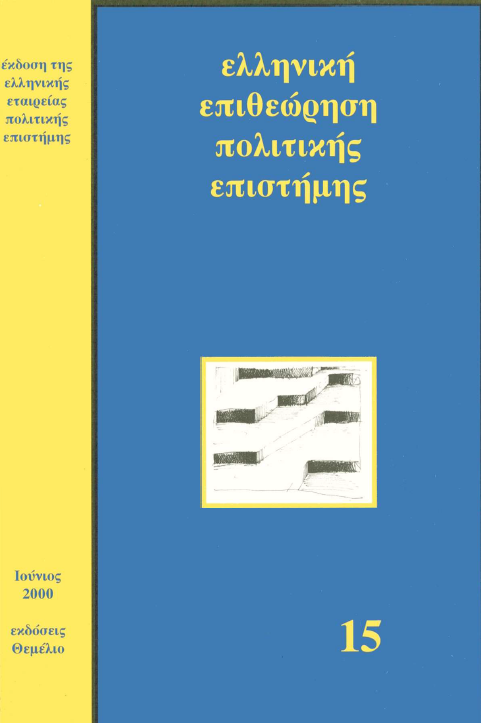The new type of relationships between central and local government authorities
Abstract
The aim of this paper is to study the new type of relationships formed between central government and local authorities. During the 1980’s many European governments, in the context of stabilisation policies, aspired to reduce the political-economic size of the local authorities. We use a sample composed of the government policies of Austria, Denmark, the Netherlands, France and Finland, in 1979-1992. The study is conducted in the framework of political and partisan cycle theories. We find evidence that the behaviour of local authorities differs from central governments. First, local authorities’ spending has not been reduced to the level desired by the central government. On the contrary, the local fiscal resources have been increased, which in turn has caused inflation increases. The result is a disagreement between the central government and local authorities and a deviation from the objectives of stabilisation policy. We show that when local authorities and the central government disagree about a number of policies, then deviations from the purposes of stabilisation policies can also arise. We believe that Local Authorities have the political and economic strength, flexibility and willingness to participate in economic and political planning. This is a very important element for Greece. Greek local authorities do not have the autonomy or the fiscal freedom which their counterparts in other European countries have. However, when the aim to participate in the EMU will be achieved, then a more effective relationship between the Greek central government and local authorities will be forged.
Article Details
- How to Cite
-
Γκέκας Ρ. (2017). The new type of relationships between central and local government authorities. Greek Political Science Review, 15, 68–98. https://doi.org/10.12681/hpsa.15173
- Issue
- Vol. 15 (2000)
- Section
- Articles

This work is licensed under a Creative Commons Attribution-NonCommercial-ShareAlike 4.0 International License.
Authors who publish with this journal agree to the following terms:
Authors retain copyright and grant the journal right of first publication with the work simultaneously licensed under a Creative Commons Attribution licence that allows others to share the work with an acknowledgement of the work's authorship and initial publication in this journal.
Authors are able to enter into separate, additional contractual arrangements for the non-exclusive distribution of the journal's published version of the work (e.g. post it to an institutional repository or publish it in a book), with an acknowledgement of its initial publication in this journal.
Authors are permitted and encouraged to post their work online (preferably in institutional repositories or on their website) prior to and during the submission process, as it can lead to productive exchanges, as well as earlier and greater citation of published work (See The Effect of Open Access).



